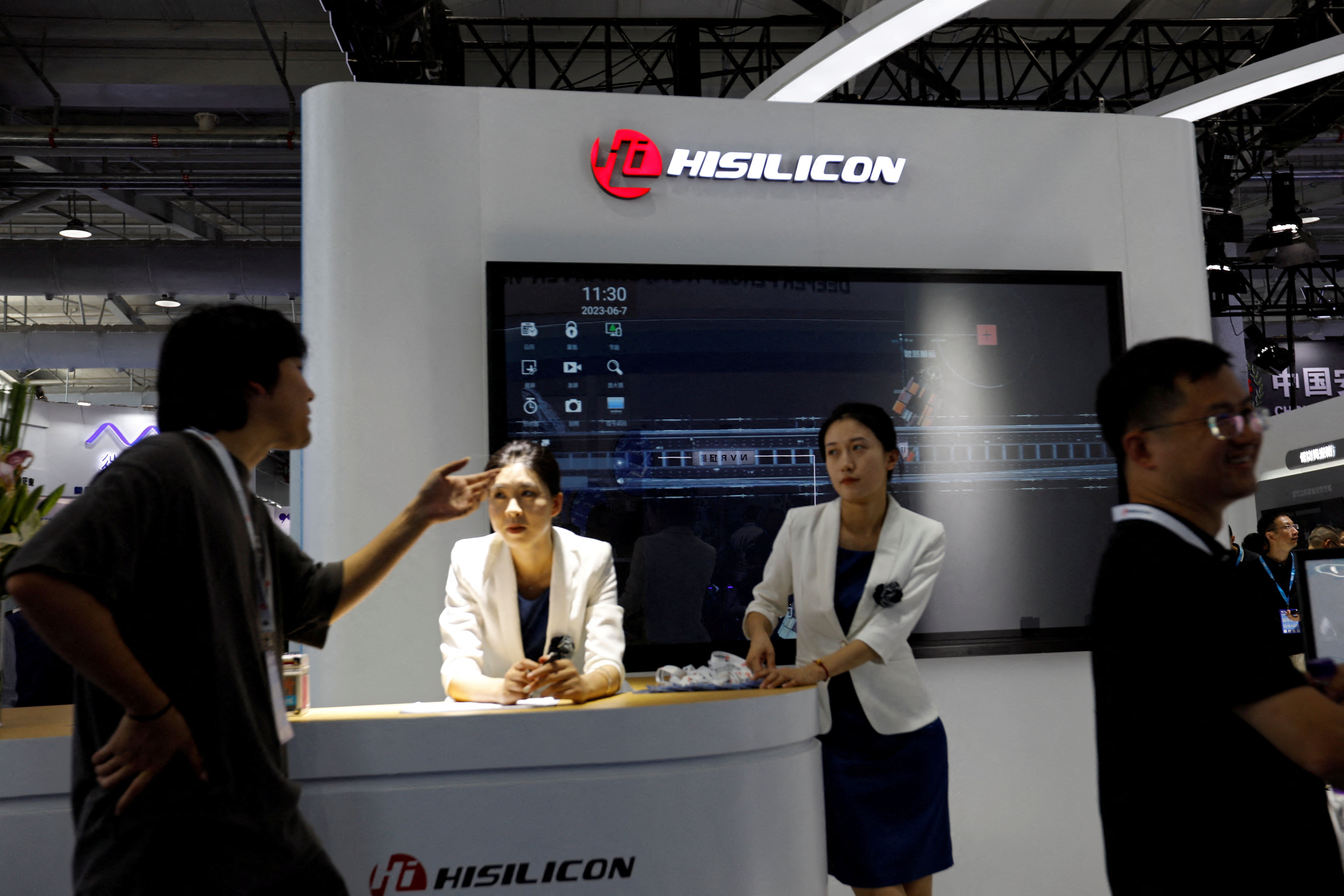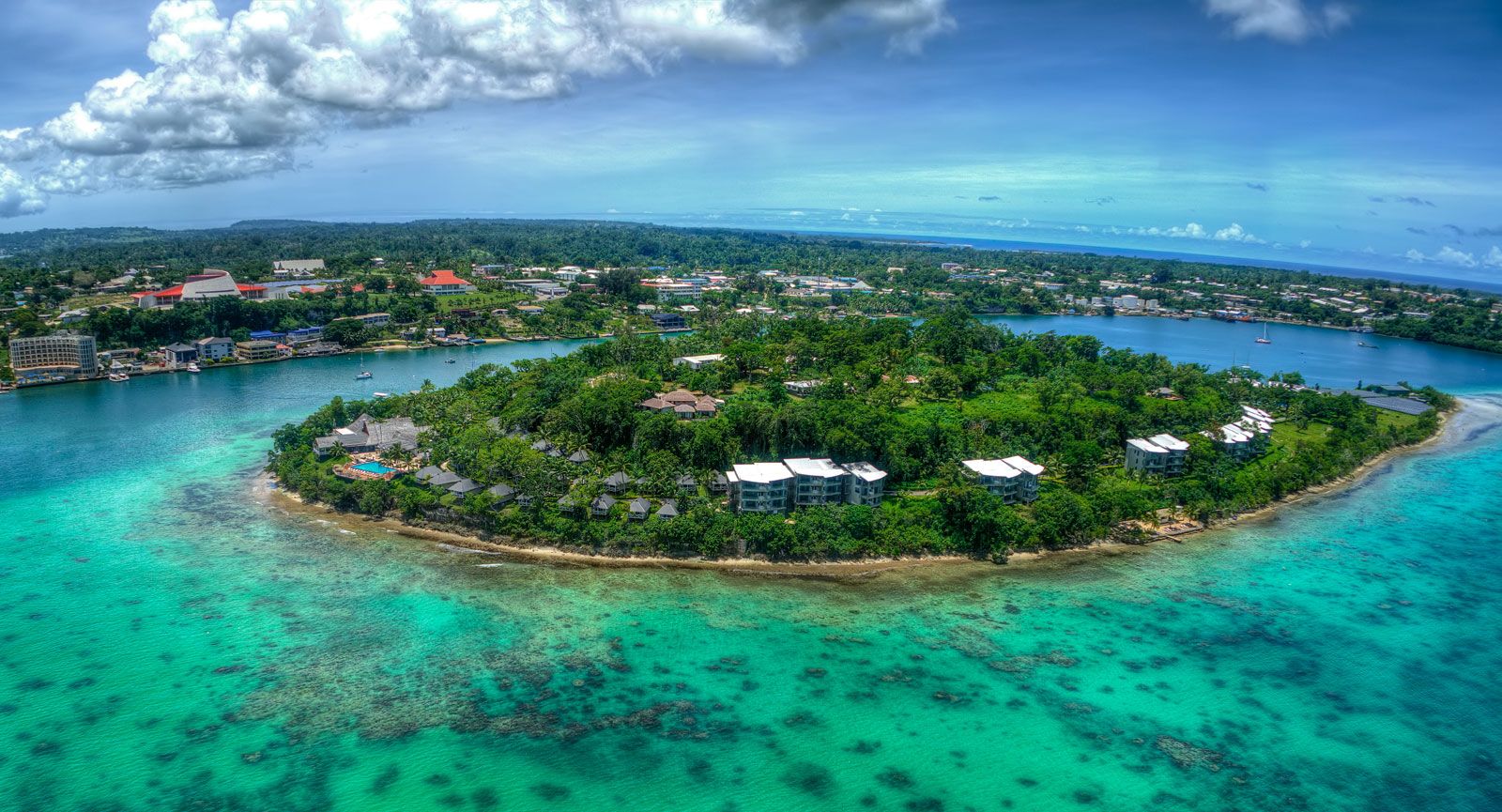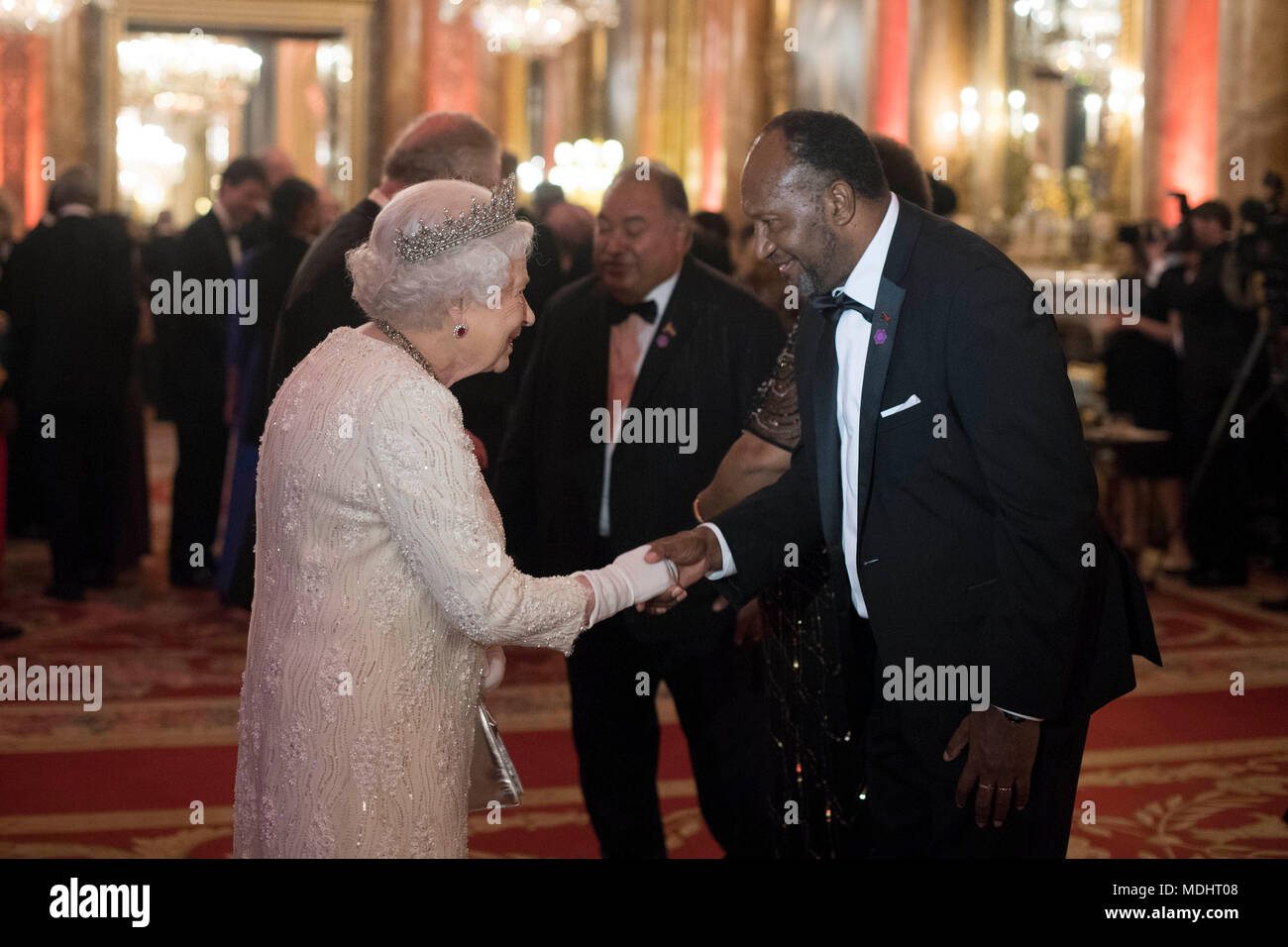
The Pacific Islands: A New Frontier for Surveillance Technology
As I sat in my small office in Port Vila, the capital of Vanuatu, I couldn’t help but feel a sense of unease. The prime minister, Charlot Salwai, had just returned from a visit to Huawei’s headquarters in Shenzhen, China, where he had viewed the company’s latest policing technology. The implications were clear: Vanuatu was about to become the latest Pacific Island nation to adopt China’s surveillance state model.
 Huawei’s surveillance technology is being used to enhance policing and reduce criminal activity in cities around the world.
Huawei’s surveillance technology is being used to enhance policing and reduce criminal activity in cities around the world.
The news came as no surprise to me. As a journalist, I had been following the growing trend of Pacific Island nations turning to China for infrastructure development and security cooperation. But what did this mean for the people of Vanuatu, and for the region as a whole?
According to the Vanuatu government, the Huawei surveillance system was designed to “reduce criminal activity” in cities like Port Vila. But what kind of activity was being targeted, and how would the system be used? The government statement was vague, but it seemed clear that the system would be used to monitor and control the population.
 Port Vila, the capital of Vanuatu, is home to around 50,000 people.
Port Vila, the capital of Vanuatu, is home to around 50,000 people.
As I delved deeper into the story, I discovered that Huawei had provided digital systems to cities like Port Vila, and that the police surveillance system required a data centre in Vanuatu. But what about the potential risks of this technology? Was Vanuatu prepared to handle the implications of mass surveillance?
The Australian government, Vanuatu’s largest aid donor and policing partner, had expressed concerns about China’s security ambitions in the Pacific Islands region. But it seemed that Vanuatu was undeterred, and was instead embracing China’s offer of policing equipment and technology.
 Charlot Salwai, Prime Minister of Vanuatu, has been a key player in the country’s growing relationship with China.
Charlot Salwai, Prime Minister of Vanuatu, has been a key player in the country’s growing relationship with China.
As I finished writing this article, I couldn’t help but feel a sense of unease. The Pacific Islands were a region of great beauty and diversity, but they were also a region of great vulnerability. As China’s influence continued to grow, it seemed clear that the people of Vanuatu and other Pacific Island nations would be facing a new era of surveillance and control.
But what did this mean for the rest of us? As the world becomes increasingly interconnected, it seems clear that the implications of China’s surveillance state model will be felt far beyond the Pacific Islands. It’s time for us to start paying attention, and to start asking questions about the kind of world we want to live in.
“The Pacific Islands are a region of great beauty and diversity, but they are also a region of great vulnerability.” - Source















